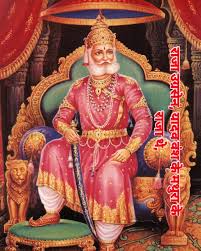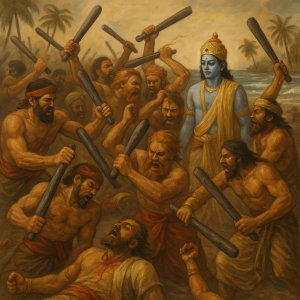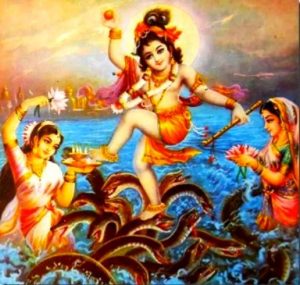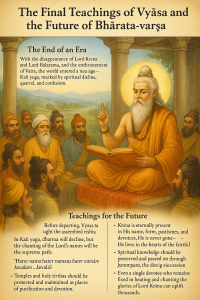The Aftermath of Kaṁsa’s Death
After Kaṁsa was slain by Lord Kṛṣṇa, Mathurā underwent a divine transformation. The dark shadow of fear and tyranny lifted, and the sun of dharma rose once again. The people, long suppressed under Kaṁsa’s cruel rule, rejoiced as festivals, music, and offerings filled the streets. Temples reopened. Brahmanas resumed Vedic sacrifices. Justice and devotion returned.
Yet a great injustice still needed to be corrected—the wrongful imprisonment of King Ugrasena, Kaṁsa’s own father, and many noble kings from distant regions.
Kaṁsa’s Reign of Tyranny
During his demoniac rule, Kaṁsa had not only usurped his father’s throne but had also imprisoned many righteous kings, leaders of various provinces, to remove all threats to his power. These kings, chained and humiliated, had remained in dark dungeons for years—some forgotten by the world, but not by the Lord.
Kṛṣṇa Goes to the Prison House
After restoring Devakī and Vasudeva to freedom, Kṛṣṇa and Balarāma turned Their steps toward the inner prison chambers of Kaṁsa’s palace. The guards, recognizing the Supreme Lord and His brother, offered no resistance.
When Kṛṣṇa entered the prison, the imprisoned kings rose weakly with joy and reverence. Their shackles clinked as they folded their hands and offered heartfelt prayers:
“O Lord, we may be kings in name, but today we have received the greatest fortune—Your darśana. Even these iron chains have become auspicious by Your presence.”
Kṛṣṇa Personally Freed Them
With His divine touch, Kṛṣṇa broke their chains effortlessly, one after another. The rusted locks fell open, the doors swung wide, and the imprisoned rulers were bathed in freedom and light.
Among them was the noble Ugrasena, Kaṁsa’s father. A righteous monarch and a sincere devotee, he had been imprisoned by his own son, helpless to stop the growing tide of adharma.
Kṛṣṇa Offers the Throne Back to Ugrasena
Approaching Ugrasena with great respect, Kṛṣṇa bowed His head and spoke with humility:
“O King, please accept the throne of Mathurā once again. This kingdom rightfully belongs to you. Under your rule, dharma will flourish.”
Ugrasena, overwhelmed with emotion, tried to resist:
“My Lord! You have saved us all. You are the true king. How can I accept the throne in Your presence?”
But Kṛṣṇa insisted:
“O King, I am Your servant. It is My joy to see you rule righteously. Please act as the earthly representative of dharma, while I serve from behind the scenes.”
Thus, Ugrasena ascended the throne, not as a worldly monarch, but as the humble devotee-king of the Lord, ruling under Kṛṣṇa’s divine guidance.
The Other Kings Praise Kṛṣṇa
The other liberated kings, filled with gratitude, offered prayers to Kṛṣṇa and Balarāma. They said:
“O Supreme Lord! Though we are kings, we could do nothing to stop the rise of evil. But You, O Govinda, have crushed the oppressor and restored justice. May our hearts always remain in service to You.”
They returned to their kingdoms, their lives transformed, carrying the name of Kṛṣṇa as their strength and refuge.
Lessons to Be Learned:
- Even the oppressed and forgotten are never beyond the Lord’s care.
- Kṛṣṇa restores not only freedom but dignity to those who have been unjustly treated.
- A true king is one who rules under the guidance of the Lord, not by ego or ambition.
- Kṛṣṇa accepts no position of honor for Himself, but uplifts His devotees to positions of glory.
- When dharma collapses, the Lord personally descends to restore balance, freeing the righteous and correcting the course of history.
Origin of the Story: Harivaṁśa Purāṇa – Viṣṇu-parva, Chapters 88–89



